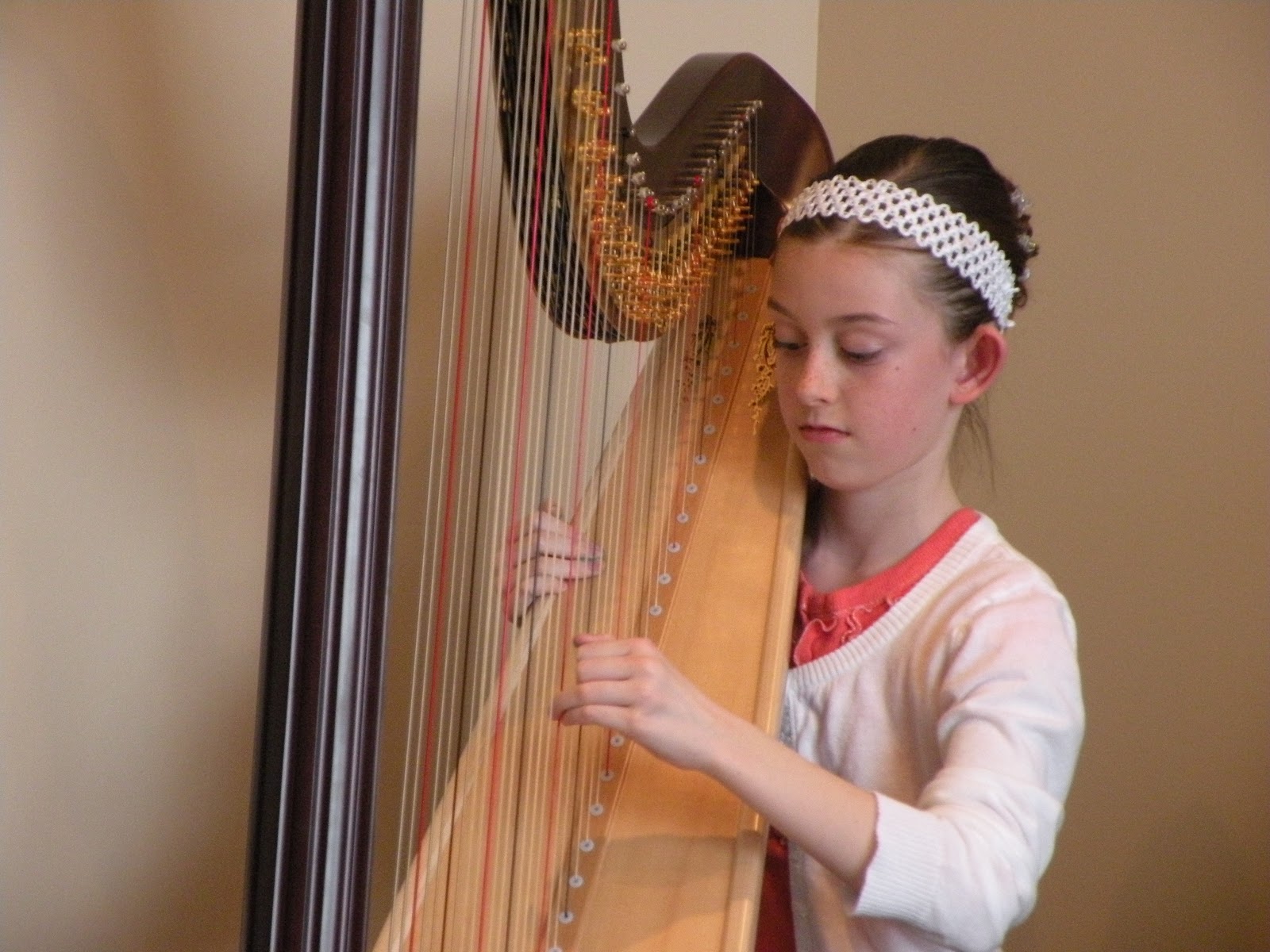A couple of “cowboy” Proverbs caught my attention:
“Generally, You ain’t learnin’ nothin’ when yer mouth is jawin’”
And “Never miss a good chance to shut up.”
We do not listen well in our society. As a child, our hearing was much more developed—to a song, to the rain on the roof. By the time we are adults, many of us lose this excitement. Just as you lose some sense of balance when your ears are plugged, your empathic ability decreases when you stop really listening to the world.
“The other day, I asked a direct question to one of my kids, didn't listen to a single thing she said when she answered me—literally immediately—after I asked the question. And I'm like, ‘Oh, I'm so sorry. I didn't even hear you.’ Her advice is to “pay attention to the speaker; observe the emotions and the body language of the speaker. Do not listen with the intent of solving, changing, or offering up your own viewpoint—for the most part, nobody cares; if they do care, they'll ask you. So, no judgment or evaluation.” Stephanie Snuffer
“…only by listening can we see things as they really are…not only listen to others and the world around us, but to our bodies, our daily habits, and the voice of God.The reason we do not listen is because we are afraid to be moved--moved by emotion, by inspiration, or moved from our fixed positions.” Glenda Green
“Our brains act as receivers for the mind in much the same way a television translates waveforms into pictures and sound. Compare it to trying to take a TV apart to see how it makes old reruns of I Love Lucy. If you throw your new digital set out the window and watch it smash into a million pieces, your favorite programs will still be floating through the air, even though you can't detect them with your senses.
So it is, with what many call non-local mind, which implies that thoughts, memories and perspectives you hold will continue after your physical receiver shuts down and is buried in the ground.
There is also a similar point made with a cell phone. Phone calls from millions of people are streaming down from satellites, going everywhere, including to my desk, but I do not hear any of them. However, my phone is tuned so that it can register a certain pattern, start ringing and initiate communication. It serves as antenna, tuner and amplifier.” Linda Kohanov
People spend lives mentally preening themselves, constantly talking and thinking about themselves, so they can't properly perceive or hear. When others talk, they don't listen, for they are listening to the incessant chatter in their heads…focused on the outpourings of what is often a fearful and disconnected mind--one that is missing most of what is going on. Life becomes a blur, most can't describe what happened yesterday, let alone last week.
Some Suggestions from Andrei Ridgeway:
Music: Find music that really touches you—makes your eyes water. Once you’ve found something you like, devote yourself to some deep listening. Use headphones, light a candle, close the blinds. As you are listening, imagine tiny sensors all over your skin receiving the music. Feel it, not just as sounds, but as a frequency, an intricate code channeling through your body. Whatever emotions grab you, let them have their full expression. After 10 or 15 mins, imagine the music as a liquid pouring into your heart, a green river healing painful emotions and feelings. Visualize a circle of heat where the sound can enter. When the music is over, stay on your back for 5 minutes and rest in the space you have carved. What is your body saying to you?
Try the exercise with both vocal and instrumental music. See which one gives better results.
Listening to music enhances our receptivity. Whether negative or positive.
Poetry: Watch the images of the poetry as they move inside you in slow motion. Hear them, feel them, breathe them. Feel each word as it slips from your body. Read and feel, savoring each phrase as you would a cloud or a strawberry. Let your heart be the interpreter. Simplicity and clarity are vital. See if you can feel in your body what the writer is like in real life. Often it is the feeling behind the words that moves us—not the diction that feeds our soul. This could be applied to scriptures, too—especially the poetry.
Listening to the World: Practice listening in the midst of chaos. Breathe slowly, imagine the sense of hearing encompassing the whole body. Visualize all the parts of your body listening. Make yourself into a chamber of sound, a miniature auditorium.
On the other end of the spectrum, go into nature and tune into the discreet hush and subtle frequencies of moving leaves, chirping crickets, trickling streams.
Observe body language. Discover how blissful it is to be present while another person is communicating. Listening is a sacred activity. Whether it be a siren of a fire truck, the wind,
the laughter of a child—these are all voices, sounds from our Creator to guide us through the day. Wind chimes, grandfather clock, birds.
Something about the human brain enjoys being in dialogue with itself. The challenge is to separate the chatter from the intuitive voice. A lot of our insecurities, doubts, fears and anxieties are voices we have picked up from other people. The obstacle is weeding out other voices…dot people, parents, media, friends. It is easy to absorb one of these voices and let it control our lives.
The voice that heals:
One step you can take is to imagine someone who has real wisdom. How would it feel for them to speak to you. How would this voice reverberate in your body when it gave you advice. This may be an actor, poet, singer, prophet, church leader. How about Heavenly Father? Heavenly Mother? Jesus Christ? How about the Holy Ghost? Talk to them. Imagine what they look like to you. Ask. Is it the same for everyone? Is it possible that the Holy Ghost is different for each person? Can you REALLY receive it? Instead of just hoping it's around to guide you?
The moment you awaken the possibility of having a wise voice available inside you, the voice will appear. Invite the voice to speak to you and trust the process. The moment you get a response, a nibble on the line, ask the voice questions, talk with it, ask for guidance in your daily life If you are bombarded with mental chatter, take ten slow breaths and relax the body. The dialogue may be extremely subtle. A wave of feeling will pass through and you will KNOW what the voice is saying.
Take some time each day to listen. Sit in a quiet place and ask three questions about things to do in your future. Start with small questions and work your way up. What should I have for dinner? Whom should I correspond with? How is my mother feeling today?
Write down the exact answers the voice tells you. If they resonate with your heart, make you feel good inside, then follow them and see what happens.
From Stuart Wilde about Sensitivity and Hearing:
Sit on a park bench and just listen to what is going on around you.
Visualize yourself with ultrasensitive, big elf=like ears. Tell yourself that you can now mentally move your ears and search for sounds.
From Pete A. Sanders:
What is psychic hearing like? Most of the time it is gentle and subtle, like hearing quiet music or a muted voice that speaks through headphones. It may be mistaken for talking to yourself.
From Kirk Duncan:
“Why would any sane human consider getting up at 3 AM? Everything is quiet and still. It is a priceless time to connect with your higher power—
Sometimes, ohh wait, it gets messy, and can't be sorted out. Mixed messages are squelched. Now you give up and say God doesn't answer prayers. If only you knew how priceless it was to hear a heavenly voice telling you are worth it.
Go someplace where there is noise like a mall, store or in nature. Sit down. Be there 20-30 minutes. Look around. Notice. As you're looking, tune in to those who are talking or giggling, all different things. Close your eyes. Tune into a particular noise. Train yourself to tune in to that particular noise.Train your brain what to do. It's a spiritual IV=Image/Voice.
While eyes are closed, imagine that talking or noise (pick one) sounds like. Listening is imagining and tuning in. Imagine all the details of that noise. Then, pick another one, create in your mind what is going on. You are teaching your brain a skill…to pick out noise and fine tune. The voice is trying to guide you. It's there telling you everyday. Create the image in your mind. It teaches the brain the skill of seeking “station". If your current situation is still bad, then you are not done! If you're in misery, do it! Own up to the fact, you are responsible for results. Quit blaming others. Blame blinds you and you can't see what to do next! 3-4am is the magical hour. “
From Celeste Headlee: “How many of you have unfriended someone on facebook because they said something said something offensive about politics, religion, child care, food…? How many of you know a person who you avoid because you just don’t want to talk to them?
We’re less likely to compromise which means were not listening to each other.
Conversation requires balance between talking and listening. Some where along the way we lost that balance.
How to have better conversations:
1). Don’t multitask, be present in the moment. Be attentive.
2). Don’t pontificate. If you want to state your opinion with no opportunity for response, write a blog. Enter every conversation assuming you have something to learn. True listening requires setting aside of one’s self. Sometimes that means setting aside your personal opinion. Everyone you will ever meet knows something you don’t. Everybody is an expert in something.
3) Use open ended questions. Start questions with who, what, where, why and how. If you put in a complicated question you’re gonna get a simple answer out.
4) Go with the flow. Thoughts will come into your mind and you need to let them go out of your mind. Your stories—let them come then let them go.
5). If you don’t know, say that you don’t know.
6). Don’t equate your experience with theirs. It is never the same. You don’t need to take that moment to prove how amazing you are or how much you suffered. Conversations are not a promotional opportunity.
7). Try not repeat yourself. It’s condescending and really boring. Notice your words. And your response.
8). Stay out of the weeds. People don’t care about the years, the names, the dates, all those details you’re struggling to come up with. They don’t care. What they care about is YOU—what are you like? What do have in common? So forget the details. Leave them out.
9). LISTEN. The #1 most important skill you could develop. “If your mouth is open, you’re not learning.” “No man ever listened his way out of a job.” We would rather talk. When we’re talking were in control. I don’t have to hear anything I’m not interested in. I’m the center of attention. I can bolster my own identity. We get distracted. It takes effort and energy to actually pay attention to someone. If you can’t do that, your not in a conversation. Most of us listen with the intent to reply. Listen to your family's needs instead of telling them what you want.
10). Be brief. “Be sincere, be brief, be seated.” FDR. Keep mouth shut as often as possible. Keep mind open and always prepared to be amazed.
From Mel Fish:
“The conscious mind is the mind of the body. To gain mastery over the body, one must learn to listen to that still, small voice, even when it is in direct opposition to the thoughts of the conscious mind.
Listen to your own body and give it true nourishment.
Allow yourself to develop a conversational relationship with friends no longer with you. Then include non-human friends, animals, plants and vital activities. Most importantly, converse with God.
References:
Kirk Duncan, Compact disc recording, 3 AM
Pete A Sanders, You Are Psychic
Andrei Ridgeway, Psychic Living
Glenda Green, Keys of Jeshua
Linda Kohanov, Riding Between the Worlds
Stuart Wilde, Sixth Sense
Mel Fish, Healing the Inner Self
Stephanie Snuffer, talk on “Self Awareness”, 2022
https://www.ted.com/talks/celeste_headlee_10_ways_to_have_a_better_conversation















.JPG)





